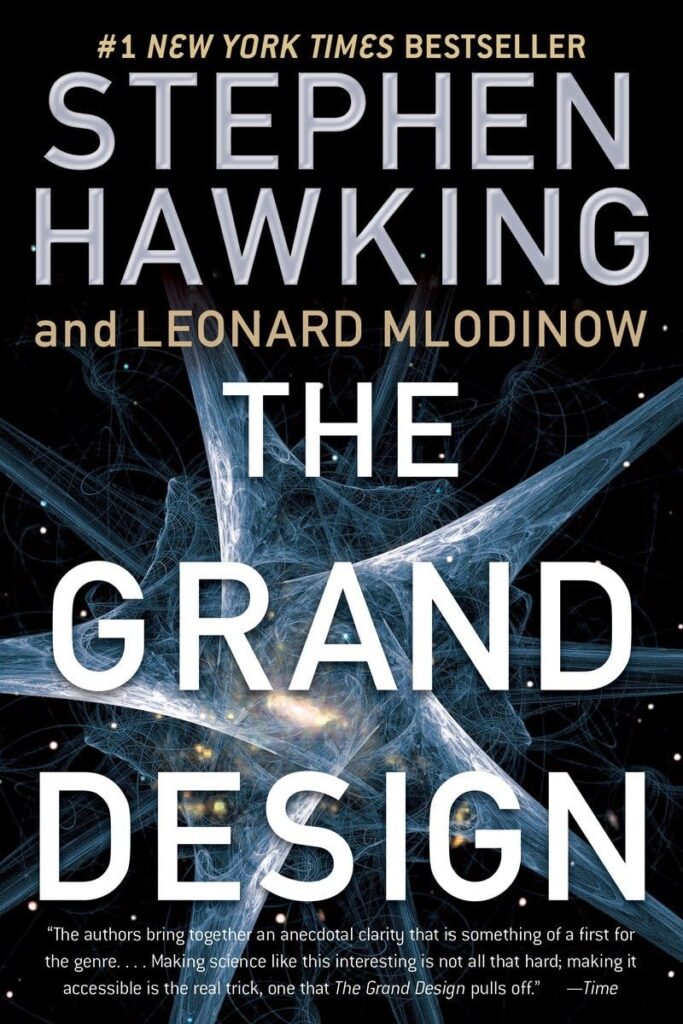Exploring the Ethics of Time Travel: Should We Meddle with the Past?
Time travel has long been a fascination for humans, fueling countless works of fiction and sparking debates about its ethical implications. The idea of being able to travel back in time and potentially change the course of history is both thrilling and terrifying. But as technology advances and the possibility of time travel becomes more of a reality, it raises important questions about the ethics of meddling with the past.
One of the main ethical concerns surrounding time travel is the idea of altering the past and potentially causing harm to the present or future. Changing even a minor event in the past could have far-reaching consequences, leading to a chain reaction of events that could alter the course of history in unpredictable ways. For example, preventing a tragic event like the assassination of a political figure may seem noble, but it could also have unintended consequences that could be even more disastrous.
Another ethical dilemma of time travel is the issue of consent. If we were able to travel back in time, would it be ethical to interfere with the lives of people in the past without their consent? Could we justify altering someone’s life, even for the greater good, without their knowledge or permission? This raises questions about the moral responsibility of time travelers and the potential consequences of their actions.
On the other hand, some argue that time travel could be used for positive purposes, such as preventing disasters or improving the lives of individuals in the past. For example, imagine being able to travel back in time to warn people about a natural disaster or provide aid to those in need. In these cases, time travel could be seen as a tool for altruism and compassion, rather than a means of manipulation and control.
Ultimately, the ethics of time travel are complex and multifaceted, with no easy answers. As we continue to explore the possibilities of time travel, it is important to consider the potential consequences of our actions and to approach the technology with caution and respect. While the allure of changing the past may be strong, we must also consider the impact of our actions on the timeline and the people who inhabit it. Only through thoughtful consideration and ethical reflection can we navigate the ethical complexities of time travel and make informed decisions about how we should interact with the past.













